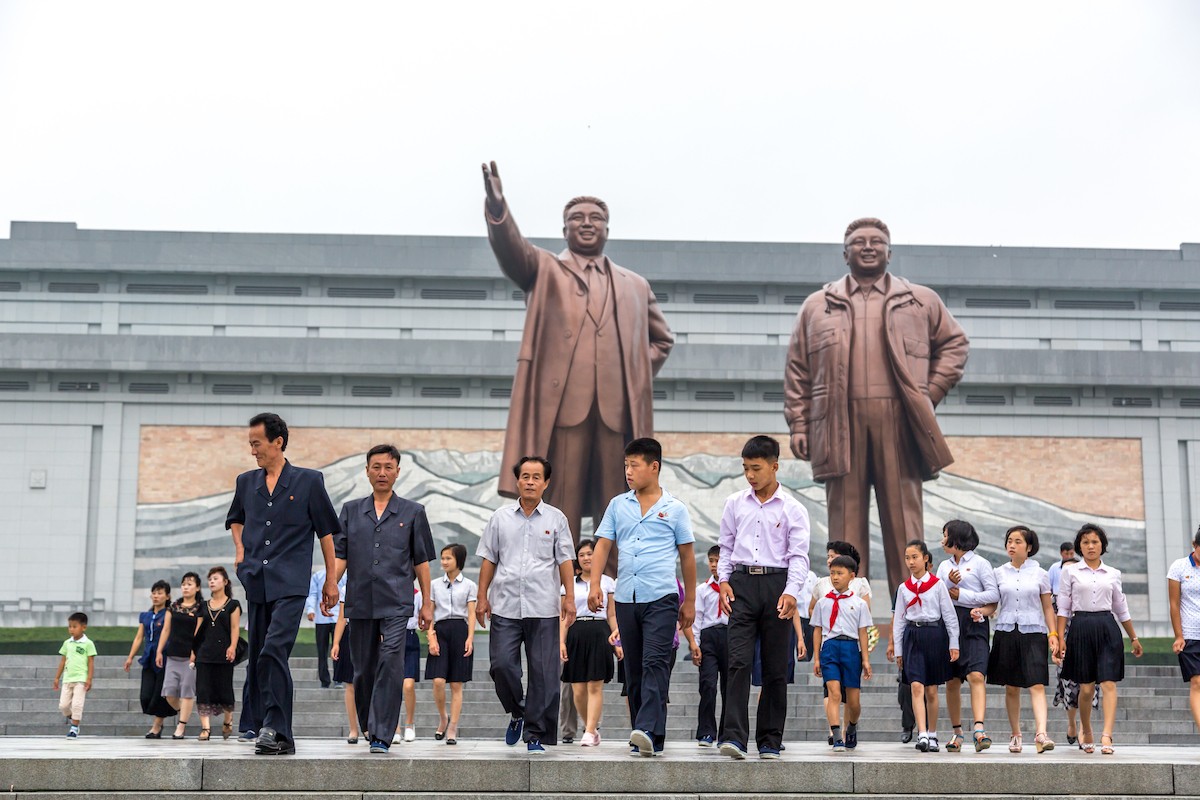A coalition of human rights and other groups have called on South Korea to stop turning a blind eye to human rights abuses being committed in the North as part of efforts to improve relations.
Recent moves by Seoul have undermined previous efforts to try and improve the human rights situation in the north, according to the International Coalition to Stop Crimes Against Humanity in North Korea (ICNK).
The coalition’s call came in a joint open letter sent to South Korean president, Moon Jae-in earlier this week. The letter was also signed by 76 nongovernmental groups, alliances, and individuals representing more than 300 groups from at least 22 countries.
“President Moon Jae-in and his government are ignoring North Korea’s grave human rights abuses in a misguided effort to mollify Kim Jong-un and improve relations with Pyongyang, but by doing so, they betray the long-suffering people of North Korea,” Phil Robertson, Asia deputy director at Human Rights Watch said.
“President Moon should reevaluate this disturbing policy and reverse course before it’s too late.
The letter’s signatories pointed to a decision by South Korea in November to stop co-sponsoring an annual United Nations General Assembly resolution condemning the human rights situation in North Korea.
The General Assembly on Dec. 18 passed a resolution condemning North Korea’s “long-standing and ongoing systematic, widespread, and gross violation of human rights.”
The world body’s special rapporteur on human rights in North Korea, Tomas Quintana, said Seoul had sent the wrong message.
“It [sends] a message that implies that human rights, the importance of respecting and protecting human rights of the people in North Korea, is something that comes second” to Seoul’s effort to build a relationship with Pyongyang,” said Quintana, who also signed the letter.
The letter to President Moon also criticized Seoul for sending back two North Korean fishermen accused of killing 16 fellow crew members before defecting to the South.
The coalition said the deportation of criminal suspects from South Korea to North Korea was an “unprecedented and shocking departure” from previous practice, and that a result the two men faced torture and most likely death at the hands of the strict communist regime.
“President Moon Jae-in’s government is signaling to Pyongyang that South Korea’s priority is engagement in inter-Korean dialogue without any demands in return, even at the cost of overlooking severe crimes,” ICMK secretary-general Eun-Kyoung Kwon said.
“It is crucial that the South Korean government shows that it remains committed to the basic principles of protection of those most at risk in North Korea, and to do it needs to correct its current stance.”
Peace on the Korean Peninsula should not come at the expense of people’s human rights, said Benedict Rogers, East Asia team leader at nongovernmental organization CSW.
“If President Moon Jae-in really wants peace on the Korean peninsula, he cannot ignore the appalling human rights crisis in North Korea,” he said.
“Peace can only be achieved with justice, with an end to impunity, and with the basic rights and dignity of the people of North Korea respected and protected. It is essential to place discussion of human rights at the heart of engagement with North Korea and the human rights crisis in North Korea regularly on the agenda of the UN Security Council,” he said.






